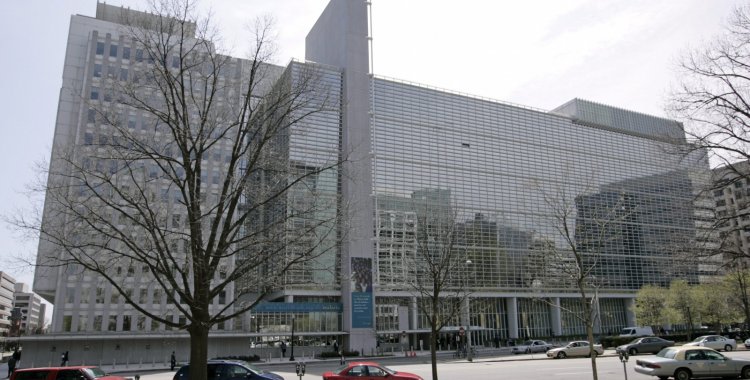"The anticipated decline can be attributed to a combination of factors fuelled by the spread of covid-19 in the main destinations where African migrants reside in Europe, the United States, the Middle East and China," which are worth 25 percent of all these remittances, reads the report on Migration and Development.
Last year, the amount sent by emigrants had already dropped slightly, 0.5 percent, to 48 billion dollars, but this year it should drop to nearly 36 billion dollars.
"Emigrants from sub-Saharan Africa are losing their jobs due to the almost complete closure of economic activities, especially in construction, hospitality and other service sectors, so the value of remittances is expected to fall in the coming months," warns the World Bank.
The report notes that sending 200 dollars in cash to the region costs an average of 8.9 per cent in the first quarter of this year, "a modest drop compared to the average of 9.25 per cent in the previous year", with southern Africa being the most expensive corridor for money transfers.
Between South Africa and Angola, for example, the costs reach 20 percent, the World Bank says, noting that in the cheapest corridors, between Senegal and Mali, the costs stand at 3.6 percent.
"Remittances are one of the main sources of foreign currency revenue for the region, and serve as an important channel for risk sharing in the developing world, but with the shock of the pandemic, which affects both the recipient country and the issuer, the loss is likely to lead to more poverty and exclusion," the World Bank warns.
In terms of the percentage of remittances in relation to GDP, South Sudan receives 34.4 per cent of national wealth, followed by Lesotho, the Gambia, Zimbabwe and Cape Verde, where remittances from emigrants are worth 11.7 per cent of GDP, and in Guinea Bissau this figure is equivalent to 9.4 per cent.
At the absolute level, Nigeria stands out with almost 24 billion dollars received last year, far ahead of the second largest recipient, Ghana, with 3.5 billion dollars.
"For these countries where remittances represent a large percentage of GDP, a sharp decline is expected by 2020, as many workers have seen their incomes sink, especially in countries that are members of the Organization for Economic Cooperation and Development," concludes the World Bank.
At the global level, remittances are expected to fall by 20 per cent this year, from 554 billion dollars to 445 billion dollars, "due to the economic crisis induced by the covid-19 pandemic and isolation, which is the biggest decline in recent history," and then recover to 470 billion dollars in 2021.
Globally, according to AFP, the covid-19 pandemic has already claimed some 178,000 lives and infected more than 2.5 million people in 193 countries and territories.
More than 583,000 patients have been considered cured.
The disease is transmitted by a new coronavirus detected at the end of December in Wuhan, a city in central China.







